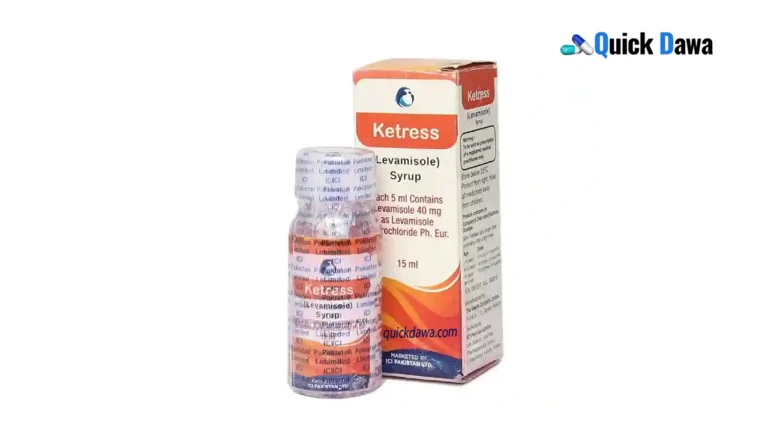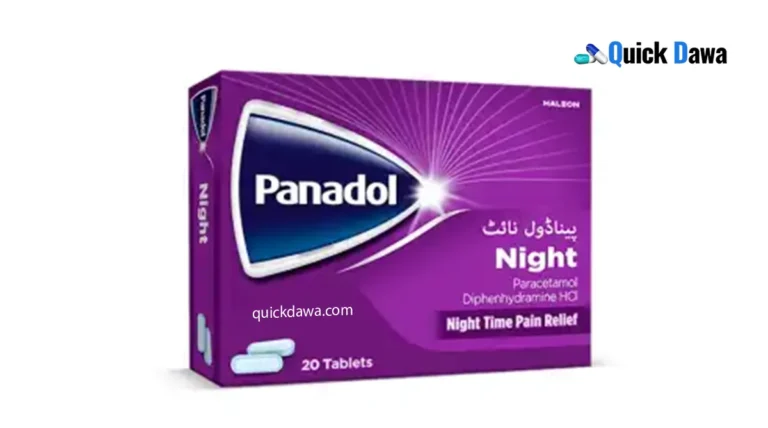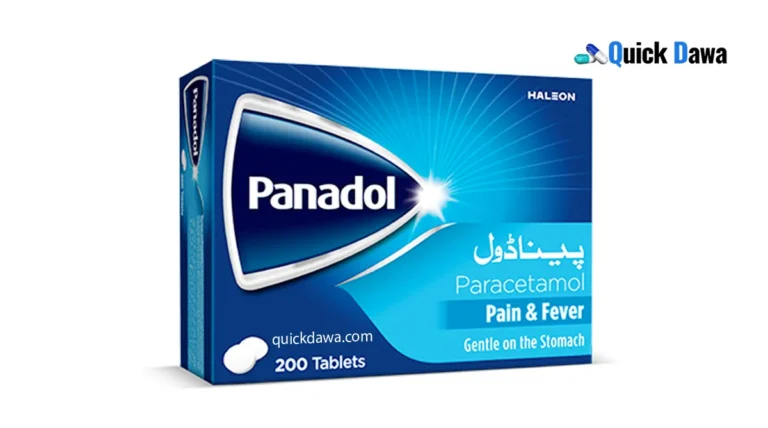Britanyl Syrup Uses, Side Effects
Britanyl Syrup is a bronchodilator medication used to treat asthma and other conditions that cause wheezing and difficulty breathing. It works by relaxing the muscles in the airways, making it easier to breathe.
Britanyl Syrup – Uses
>> Asthma
- Asthma is a chronic inflammatory disease of the airways that causes the airways to narrow, swell, and produce extra mucus.
- This can make it difficult to breathe, especially during an asthma attack.
- Britanyl Syrup can help to relax the muscles in the airways, making it easier to breathe.
>> Chronic obstructive pulmonary disease (COPD)
- COPD is a group of lung diseases that include chronic bronchitis and emphysema.
- It is characterized by difficulty breathing, coughing, and wheezing.
- Britanyl Syrup can help to relax the muscles in the airways, making it easier to breathe.
>> Other conditions that cause wheezing and difficulty breathing
- Britanyl Syrup can also be used to treat other conditions that cause wheezing and difficulty breathing, such as bronchitis, bronchiolitis, and pneumonia.
- Britanyl Syrup is a short-acting bronchodilator and should not be used to prevent asthma attacks.
If you are looking for a medication to prevent asthma attacks, talk to your doctor about long-acting bronchodilators or other asthma controllers.
Britanyl Syrup – Side Effects
These side effects are typically mild and may resolve as your body adjusts to the medication. They affect more than 1 in 100 people and include:
| Side Effect | Description |
|---|---|
| Tremors or shaky hands | Uncontrollable shaking, often in the hands. |
| Nervousness or restlessness | Feeling anxious or jittery. |
| Headache | Mild to moderate head pain. |
| Dizziness | Feeling lightheaded or unsteady. |
| Increased heart rate (tachycardia) or palpitations | Rapid or irregular heartbeat. |
| Nausea or mild stomach upset | Upset stomach, vomiting, or diarrhea. |
| Dry mouth | Reduced saliva production. |
| Sweating | Excessive perspiration. |
| Drowsiness | Unusual sleepiness or fatigue. |
Serious or Rare Side Effects
These occur less frequently (less than 1 in 100 people) but require prompt medical attention. Stop using the syrup and contact your doctor if you notice:
- Allergic reactions: Swollen face, rash, itching, difficulty breathing, low blood pressure, or collapse.
- Chest pain or severe palpitations.
- Muscle cramps or weakness.
- High blood sugar (hyperglycemia) or low potassium levels (hypokalemia), especially in people with diabetes.
- Pulmonary edema (fluid in the lungs) or worsening breathing issues.
- Anxiety, insomnia, or mood changes.
- In rare cases, seizures or cardiac arrhythmias (irregular heart rhythms).
In overdose situations, symptoms like severe tachycardia, arrhythmias, or hyperglycemia may occur—seek emergency help immediately.
Precautions and Interactions
- Who should avoid it? Not recommended for people with heart conditions, high blood pressure, hyperthyroidism, or during certain stages of pregnancy (e.g., to delay preterm labor outside a hospital setting due to risks to mother and baby).
- Drug interactions: May interact with other beta-agonists, diuretics, antidepressants, or cannabis, potentially worsening side effects like dizziness or heart issues. Inform your doctor of all medications, including over-the-counter and herbal products.
- Special groups: Use caution in elderly patients (higher heart risk), children (monitor for hyperactivity), pregnant/breastfeeding women (monitor infant for side effects), and those with diabetes (may affect blood sugar).
- General advice: Do not exceed the prescribed dose. Avoid alcohol, as it may amplify side effects. If symptoms persist or worsen, consult your doctor.
Disclaimer
The information provided on quickdawa.com regarding medicine prices and side effects is solely based on data collected from public domains. I am not a doctor or medical professional. While I strive to provide accurate and up-to-date information, I cannot guarantee the absolute accuracy or completeness of the data. It is always recommended to consult with a qualified healthcare professional or doctor for personalized medical advice and information. The content on this blog should not be considered a substitute for professional medical guidance. The readers are advised to use the information provided at their own discretion and risk. I do not assume any responsibility for any consequences arising from the use of the information on this blog.
Thank you.







